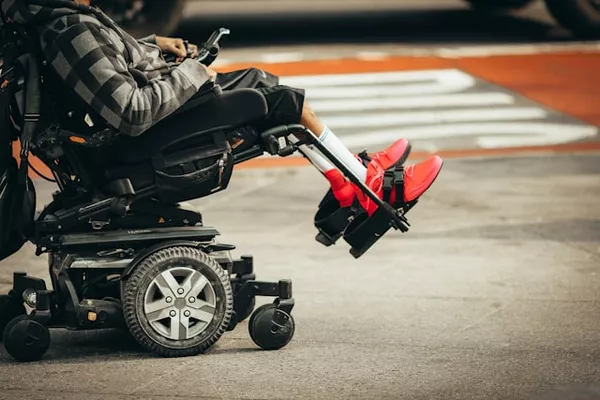Submission on the draft New Zealand Disability Strategy 2026- 2030
29 Sep 2025
Rare Disorders NZ has made a submission on the draft New Zealand Disability Strategy 2026- 2030, informed by our support group collective.
It is pleasing to see in many places throughout the draft Strategy there are signals of a commitment to a more inclusive and responsive system for all disabled people. We hope that for disabled people living with a rare disorder their unique and often complex needs may finally be seen and better supported across systems.
RDNZ notes with concern the absence of the Enabling Good Lives (EGL) principles in the draft strategy. We strongly recommend that these principles be clearly reflected and meaningfully integrated into the strategy.
RDNZ would like to see a more coordinated and whole person approach in this strategy. We need a strategy where the overlap and need for co-ordinated and integrated pathways across the priority areas and government departments is recognised. Rare disorders often touch every aspect of a person and their family’s/whānau lives. This includes health, employment and recreation, as well as their access to education, disability, housing and financial support services.
Government agencies work in silos, people do not live in them. The Disability Strategy should aim to shift the burden of navigating system gaps away from disabled people and their carers, placing the responsibility instead on government departments and health services to coordinate and deliver integrated support.
Many people living with rare disorders do not fit tick boxes or neatly into categories and fall through the cracks in systems that are not designed with them in mind.
RDNZ would like to see more focus on these gaps and grey areas in the strategy. For people with rare disorders, this is particularly apparent in two areas:
- Individuals with both disability and complex health conditions who are poorly
served by either the health or disability systems; and - Disabled people who require supported independence but are left without
appropriate services, often feeling "not disabled enough" for some supports
and "too disabled" for others.
RDNZ would like to see more focus on disabled people with intellectual and neurodevelopmental disabilities in the strategy. In many instances, this community appears to be overlooked or treated as an afterthought. Many people living with rare disorders and their carers do not feel seen in this strategy as a result. This came through in discussion of all areas of the draft strategy.
RDNZ would also like to see more content in the strategy about Disability Support Services and financial assistance, both for disabled people and their carers. This area is vital for ensuring equity and inclusion. We would like to see this as a priority area, or the priority area of employment reframed to include those unable to earn an income through employment.
Mental health and wellbeing are areas that are relevant across the priorities in the strategy. Disabled people and their carers are overrepresented in mental health statistics and this should be addressed within a disability strategy. Rare Disorders NZ would like to see mental health and well-being recognised as a cross-cutting theme or priority area, or individually in each priority area.
Transitions are another area relevant across the strategy priorities that RDNZ would like to see recognised as a cross-cutting theme or addressed in each priority area. Whether this is the transition between different parts of the education system, into adulthood, into employment, into housing, from paediatric to adult medical services, or from hospital specialists to GP care, transitions need special focus as often they are times of great challenges with little support for disabled people living with rare
disorders and their carers and whānau.
To see effective implementation of the strategy, RDNZ recommends assigning responsibility to relevant government departments for the action points throughout the strategy and incorporating accountability measures and how progress will be monitored.
Read the full submission here, including the Whaikaha feedback form which contains themed quotes from our Support Group Leads obtained through an online discussion of the draft strategy


